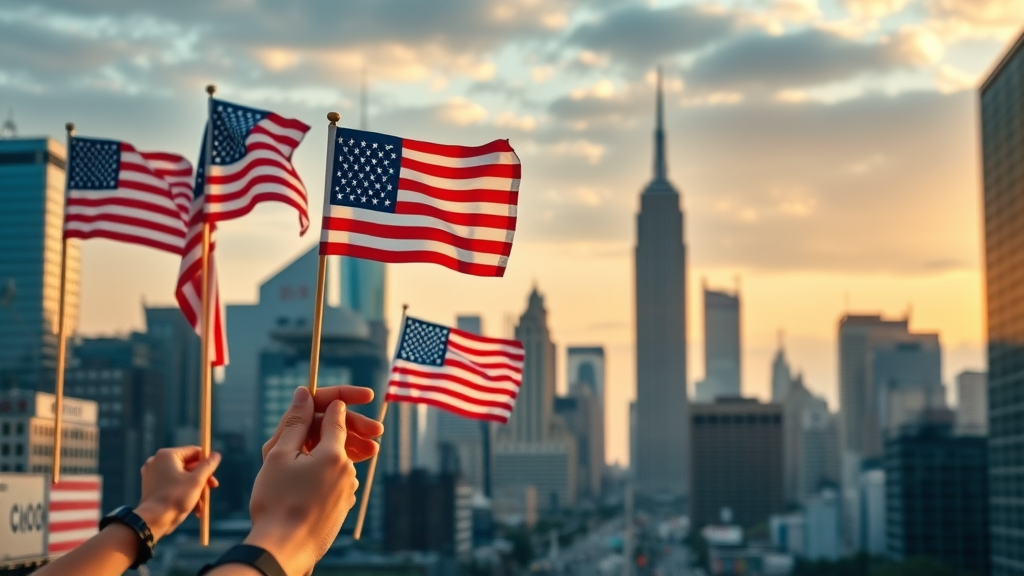Did you know that over 80% of the global GDP is driven by trade activities? This striking statistic highlights the immense influence of global trade on our daily lives and the global economy. Understanding its impact is essential, whether you're a business owner, an economist, or simply a curious individual concerned about world affairs. Today, we'll delve deep into why global trade is pivotal for nations worldwide.
A Startling Perspective on Global Trade
The impact of global trade extends far beyond simple exchanges; it's a crucial element of the modern world economy. Actively contributing to over half of the global GDP, it orchestrates the intricate dance between production, consumption, and innovation across continents. But how does this massive network influence the everyday workings of national economies and the vast global stage?

Understanding the Impact of Global Trade
Global Trade and the World Economy
At the heart of the world economy, global trade acts as a pivotal engine driving economic growth . It influences every aspect, from boosting GDP and sustaining jobs, to fostering cross-border relations. The flow of goods and services across borders not only bolsters individual countries but also enriches the global marketplace by promoting competition and innovation. For a deeper understanding of how economic growth can align with sustainability goals, explore our article on Understanding Decoupling .
International Trade: A Double-Edged Sword
While international trade has undeniable advantages, such as expanding economies and accessing diverse markets, it also presents challenges. Economies may become overly dependent on trade partners, leading to trade imbalances and economic vulnerabilities. Countries like the United States and the United Kingdom face these hurdles as they balance the benefits and complexities of global trade dynamics.
Influence of Global Trade on National Economies
Effects on the United States Economy
The United States stands as a powerful trading entity, with goods trade being a critical component of its economy. International exchange shapes the U.S. economic landscape significantly, influencing everything from employment rates to trade agreements. These trade agreements play pivotal roles in maintaining balanced trade relations and boosting the national economy.

UK's Position in International Trade
The United Kingdom, navigating its post-Brexit reality, harnesses global trade to secure a competitive edge through comparative advantage . However, it still faces multiple challenges: navigating trade barriers and establishing favorable agreements to secure its position in the free trade arena.

Trade Barriers and Free Trade
The debate over trade barriers versus free trade remains heated. Trade barriers, like tariffs, can protect domestic industries but often at the cost of international relations. Conversely, free trade facilitates open markets and competition but may challenge local businesses. This ongoing tension reflects broader concerns tied to the global trade system.
People Also Ask: Answering Common Questions
What are the effects of global trade?
Global trade impacts markets worldwide by introducing increased competition and innovation. It influences pressure points in labor markets , fosters economic stability, and enables the efficient allocation of resources through the exchange of goods and services .
What is the effect of world trade?
World trade acts as a catalyst for globalization , underlying cross-border economic cooperation. However, its uneven benefits can lead to disparate impacts across different sectors and communities, causing regions to adapt at different paces.
What is the most important impact of trade?
One of the primary impacts of trade is leveraging comparative advantage . This phenomenon allows nations to specialize in the efficient production of goods and services, boosting national productivity and fostering economic partnerships.
What is global trade and why is it important?
Global trade refers to the international exchange of goods and services, essential for fostering economic growth and development. It ensures the availability of diverse resources for nations with varying capabilities, underscores international cooperation, and drives innovation.
Quotes on Global Trade
"Trade is the engine of world economic progress." – John Maynard Keynes
Detailed Analysis of Trade Agreements
Trade agreements are crucial in shaping the landscape of global trade . By examining their provisions, we can understand how they enhance trade efficiency and contribute to equitable economic growth . These agreements dictate the terms of trade interactions, influencing policy-making and international relationships.
Economic Growth Through Comparative Advantage
Leveraging Comparative Advantage for Economic Gains
When countries focus on industries where they have a comparative advantage , they optimize resources, maximize outputs, and enhance their positions in the global economy. This strategy not only bolsters national economies but also strengthens global trade networks by encouraging specialization and cooperation.
Trade Data: Shaping Trade Policies
Relying on trade data to craft informed policies allows nations to enjoy the benefits of global trade while mitigating its downsides. Analyzing this data helps structure trade policies that are adaptive to global trends, nurturing sustainable economic growth without sacrificing national interests. For insights into how data-driven approaches can protect public health, consider reading about Tick Surveillance .
Engaging with the Dynamics of Global Trade
Global trade is not solely about economic transactions; it profoundly molds our social, political, and environmental world. The complex web of supply chains and trading partnerships reflects interconnected realities that require careful navigation to ensure a sustainable future.
What You'll Learn
Gain insights into how global trade ties economies together, the interplay between trade agreements, and the overall impact on international trade.
Tables: Comparative Study of Trade Policies
Region |
Trade Policy |
Outcome |
|---|---|---|
North America |
NAFTA and USMCA transitions |
Increased regional trade efficiency |
European Union |
Single Market policy |
Enhanced economic integration |
Asia Pacific |
ASEAN Free Trade Area |
Boosted cross-border trade partnerships |
FAQs: Common Queries about Global Trade
Address frequently asked questions surrounding the complexities and influence of global trade.
Concluding Thoughts on Global Trade
Reflect on the indispensable role of global trade in shaping today's interconnected world and the importance of nurturing fair and sustainable trade practices.
 Add Row
Add Row  Add
Add 




Write A Comment